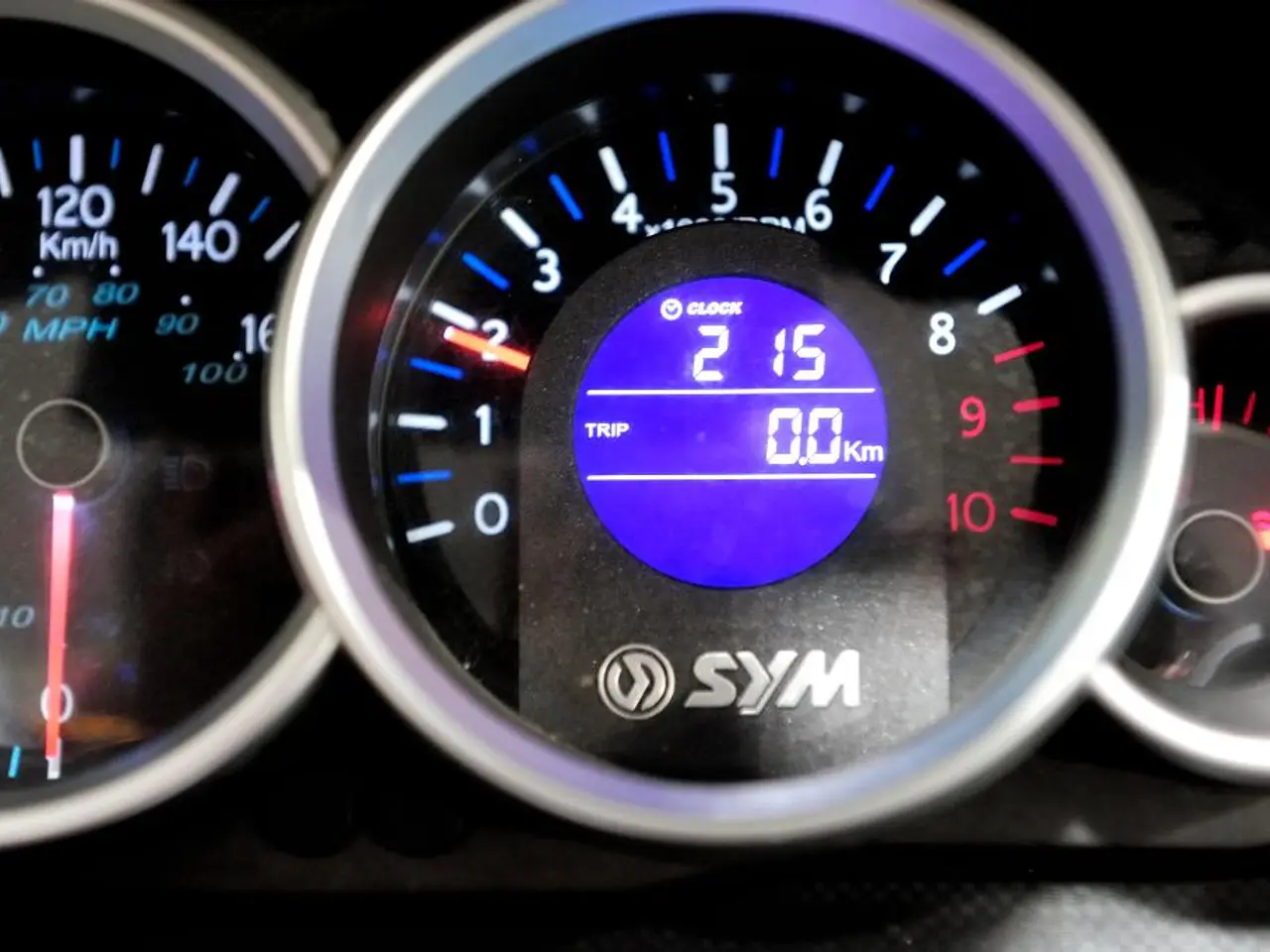Speed restrictions imposed on the German Autobahn due to excessive heat
In the face of soaring temperatures across Europe this summer, Germany has taken a proactive approach to protect its motorway infrastructure. The A92 motorway, along with sections of the A3, A5, A93, and other roads, have been placed under temporary speed limits until September.
The sections from Oberschleißheim interchange to Eching-Ost interchange, Freising-Süd interchange to Freising-Ost interchange, Landshut-West interchange to Dingolfing-Ost interchange, and the A3 motorway section from Deggendorf Autobahn interchange to Hengersberg interchange, as well as the A93 motorway section from Saalhaupt triangle to Elsendorf interchange, are currently under these restrictions.
These measures have been put in place to prevent potential 'blow-ups', a term used to describe the deterioration of road surfaces under extreme heat. It's worth noting that most of Germany's motorways weren't built to withstand the kinds of sustained high temperatures the country is now experiencing regularly.
Despite the extreme heatwaves, there are no documented instances of heat-related motorway damage in Germany this year, nor publicly available details on the use of temporary speed limits to mitigate road damage during such events.
While there are no binding speed limits on German motorways, the recommended limit is 130km/h. However, for the affected stretches of road, cars up to 3.5 tonnes are only permitted to drive at a maximum of 120 km/h. Motorbikes and heavy goods vehicles have an even stricter speed limit of 80 km/h.
The social democrats (SPD) had proposed a limit of 130km/h, but were blocked by the Christian Union parties (CDU/CSU). Germany's Autobahn GmbH, the entity responsible for managing and maintaining the country's motorway networks, is overseeing these measures.
As the week progresses, temperatures in southern Germany are forecast to climb to 38C. While there have been instances of asphalt lifting and cracking on the A5 motorway in Hesse when temperatures hit 39C earlier this summer, there is no current evidence of widespread motorway damage in Germany.
School closures and rail chaos have occurred in Germany during extreme heat, but the focus of news coverage has primarily been on wildfires, heat-related disasters, and heating oil markets, rather than motorway infrastructure effects or regulatory measures concerning traffic speed.
As the situation develops, monitoring specialized German transport authority channels or infrastructure reports may provide more specific and localized details.
- Given the increasing frequency of high temperatures, the need for environmental science, especially in terms of climate change and the impacts on road infrastructures, becomes crucial for Germany and other countries facing similar challenges.
- As part of the efforts to combat climate change, Germany's focus on weather patterns and their effects on motorway infrastructure and its implementation of temporary speed limits exemplifies a proactive approach in the field of environmental science, aiming to prevent potential damage.








